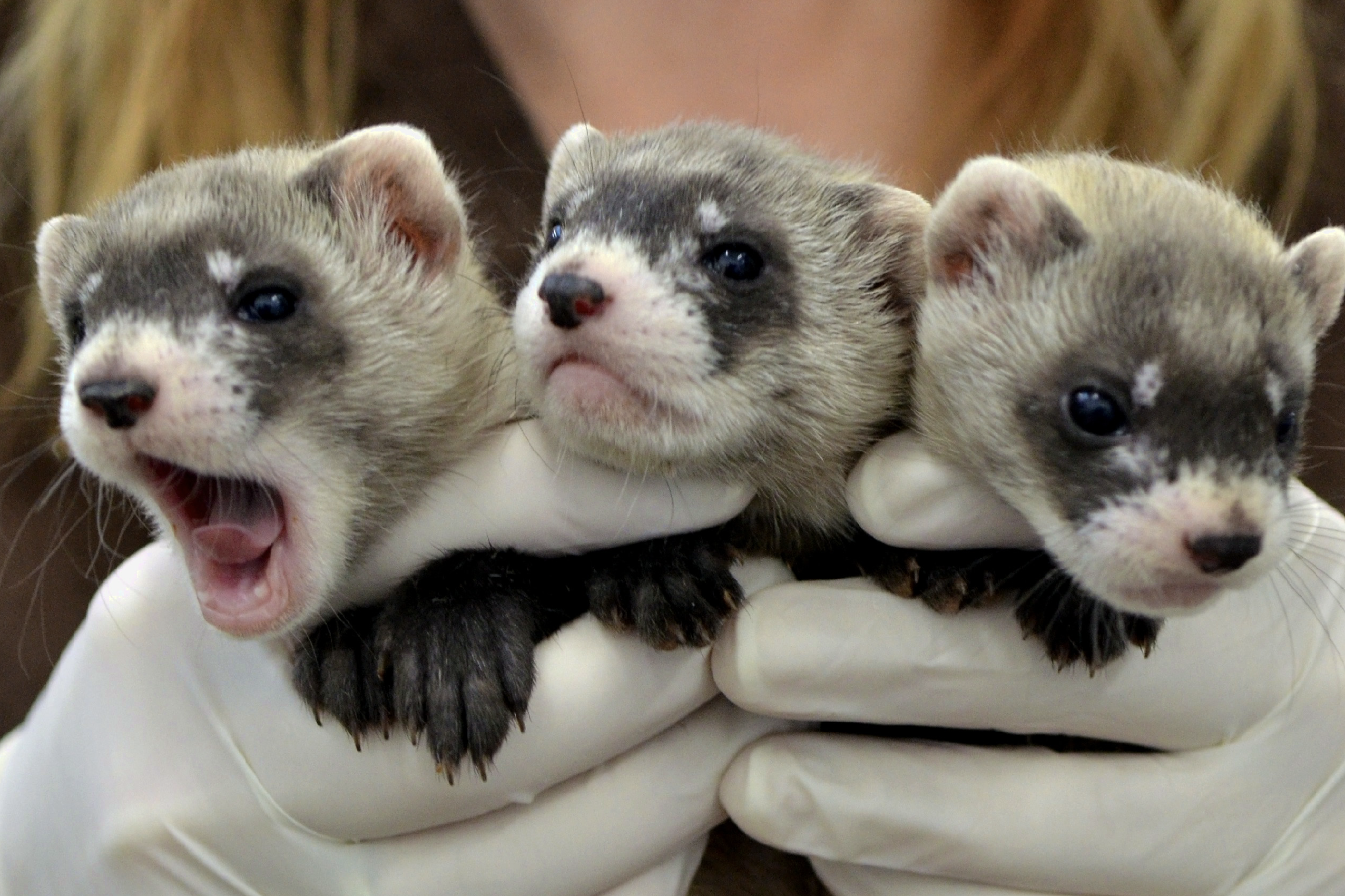THE TELEGRAPH (UK) – The bird flu virus that is killing millions of animals around the world has been found to “efficiently” spread between ferrets in a laboratory, raising concerns about the potential for the virus to jump to humans.
In a new preprint, scientists in Canada demonstrated that H5N1 samples taken from a red tailed hawk spread efficiently between ferrets – the main “animal model” used by scientists in experiments to analyse how respiratory viruses may impact people.
It is the first study to clearly confirm that the virus can spread from mammal to mammal – although the recent deaths of many animals, including sea lions, have previously suggested this.
Analysis of an outbreak at a mink farm in Spain and in seals in New England have also pointed towards spread between mammals.
But the results from Canada suggest that some strains of H5N1 with “certain adaptations that allow for a higher degree of replication, pathogenicity, and transmission” may be spreading.
“Ferrets have become common household pets in the United States, and their curious and friendly nature makes them suitable pets for many.” – CDC
Over the last 18 months, avian influenza has devastated wild and farmed bird populations across the globe.
But there has also been mounting alarm around cases in mammals including foxes, sea lions, dolphins and even domestic cats.
This has created unprecedented opportunities for the virus to shift and reassort – a process where different strains of the same pathogen combine into something new.
“The risk [for humans] is increasing in the sense that there is a lot of virus in poultry and wild birds,” Prof Munir Iqbal, a member of the UK government’s modelling group for bird flu, told the Telegraph recently.
“The virus can change at any time, and therefore the risk is higher when there’s more in the environment. That doesn’t mean [a human epidemic] is imminent… but no one has control of the virus,” he said …



